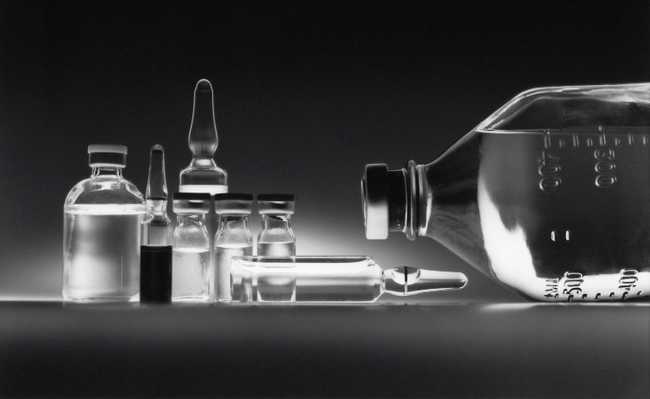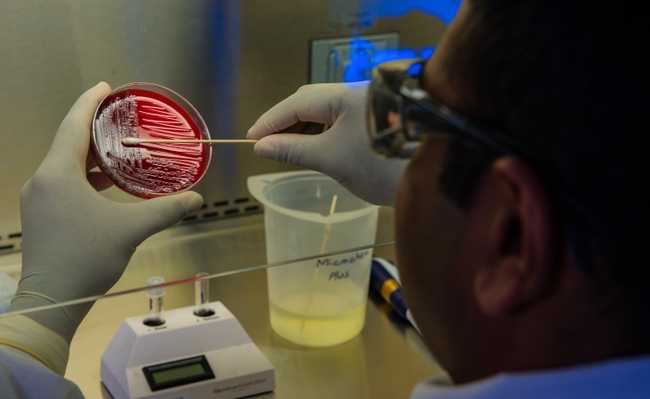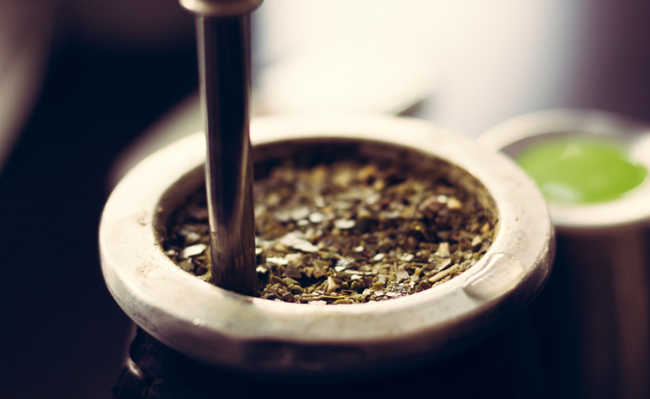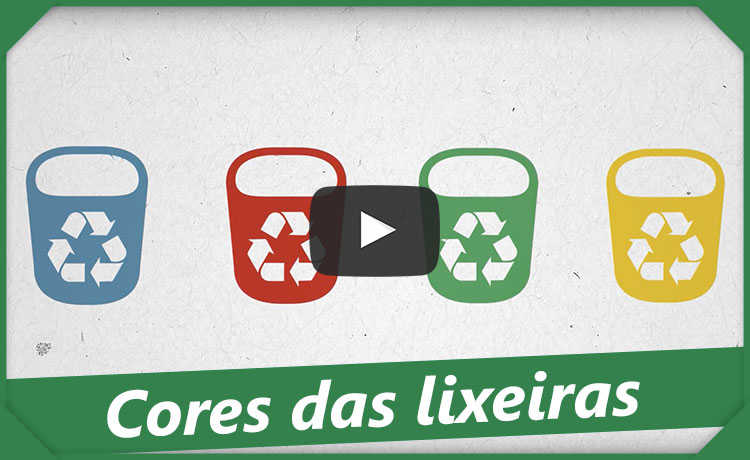How to prevent cancer?
Find out ten simple tips to reduce your chances of getting cancer

National Cancer Institute image on Unsplash
Cancer is a degenerative disease caused by the disordered proliferation of cells that have undergone genetic mutations. Due to this change in the functioning of a cell, tumors form. Although it is said that cancer appears suddenly and some people are more likely to develop it for genetic reasons, it is possible to take certain steps to prevent and prevent the development of the disease.
One third of deaths caused by 20 types of cancer in Brazil could be avoided with lifestyle changes. Smoking, alcohol consumption, overweight, unhealthy diet and lack of physical activity are risk factors associated with 114,000 cases of the disease (27% of the total) and 63,000 deaths (34% of the total) per year in Brazil. The data, published in the magazine Cancer Epidemiology, are part of a study carried out by researchers from the Department of Preventive Medicine of the Faculty of Medicine of the University of São Paulo (FMUSP) and the Harvard University, in the United States, with support from the Foundation for Research Support of the State of São Paulo (Fapesp).
The survey points out, for example, that the incidence of cancer of the lung, larynx, oropharynx, esophagus, colon and rectum could be reduced by half if these risk factors were eliminated. So, check out ten ways to avoid cancer.
1. Stop smoking
The constant use of tobacco causes a number of cancers, such as lung, esophagus, mouth, throat, stomach, pancreas and leukemia, according to the National Cancer Institute in the United States; in addition, smoking is the biggest cause of preventable deaths. The habit not only affects active smokers, it also affects people around them, as has been shown in research that found carcinogens in the urine of babies who live with smokers. See tips for natural methods to break the habit.
2. Fix the alcohol
Excessive alcohol consumption can cause esophageal, liver and bowel cancer. Oral cancer, for example, is six times more common in those who drink alcohol than in people who do not drink. Another factor noted is that alcohol enhances the effects of tobacco, making the risk of tumors in organs affected by smoking much higher. According to the International Agency for Research on Cancer (IARC), 18 grams of alcohol a day already increase women's risk of developing breast cancer; consumption of 50 grams would increase the risk by 50%. In men, that 50 grams doubles the chances of developing prostate cancer.
3. Protect yourself from the sun
Currently, ultraviolet rays reach the Earth more intensely. These rays can trigger genetic mutations that lead to the development of skin cancer. Whenever exposed to the sun, use a sunscreen of at least 30 SPF, which protects from UVA and UVB rays. If possible, wear hats and sunglasses too.
Artist Thomas Leveritt showed how faces look when exposed to ultraviolet light and how sunscreen reacts to it. See the video "how the sun sees you" (As the sun sees you, in free translation) the result and the reaction of the people.
4. Exercise
Studies show that people who exercise have less risk of developing colon and breast cancer than people who do not exercise at all. You don't have to be a professional athlete, just do some activity that gets your heart racing or makes you sweat, such as walking, cycling and even dancing. Physical exercises reduce the circulation of cytokines in our body, in addition to bringing a general well-being to our body. See more "Twenty exercises to do at home or alone".
5. Control your weight
Keep an eye on your body mass index to see if your weight is appropriate for your height. A drastic increase in BMI may be linked to endometrial, bladder, esophageal, kidney, or colon cancer.
6. Avoid hormone replacement
Many women take hormone replacement therapy to treat menopause symptoms. However, studies have linked the use of hormones to an increased risk of uterine and breast cancer. If it is necessary to use hormones, the doses should be small and taken for a short time, as hormone replacement therapy can end the hot flashes that women experience during menopause, but there will be no long-term beneficial effects if the treatment is used. be extended.
7. Take medications under a doctor's appointment that reduce the risk of cancer
Some medications can reduce the risk of developing cancer in people who are prone to getting the disease. For example, some selective estrogen receptor modulators, such as raloxifene, can help women at high risk for breast cancer to decrease their chances of developing the disease, requiring a doctor's consultation to use these drugs.
8. Avoid exposing yourself to carcinogens
Exposure to radiation and some chemicals can cause cancer. For example, gamma-ray, UV-ray and X-ray radiation can cause lung, skin, thyroid, breast and stomach cancer.
9. Take care of your food
It is possible to add some foods to your diet to prevent cancer, such as bitter melon and broccoli. But, in general, following a healthy and regulated diet, in addition to banning some items, can already make a big difference. Check out five diet tips that help prevent cancer that can be very effective in improving your diet.
10. Do check-ups regularly
You check-ups may include blood tests, imaging tests, physical exams, X-rays and genetic testing. Even if you don't have symptoms of tumors, regular visits to the doctor may be able to diagnose a tumor early, increasing the chances of curing the disease. Also, our body always gives signals when something is wrong. Keep an eye out for them, and if you notice anything out of the ordinary, see your doctor.










